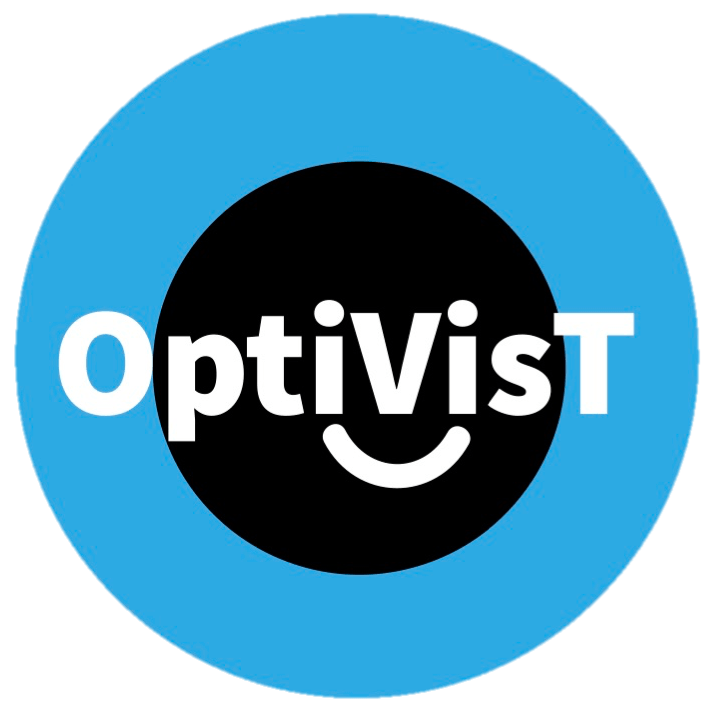PROJECT 13
Assessment and training of functional vision in rehabilitation using
Virtual Reality
Why? Visual disorders are common after acquired brain injury and often have a major impact on daily living. Rehabilitation aims to improve daily life activities and participation. Techniques such as Virtual Reality (VR), Augmented Reality (AR), and Eye Tracking (ET) enable new applications in rehabilitation for visual disorders. They can be part of the assessment measures or exercises improving patients’ awareness. In particular, these techniques can contribute to training purposes, for example by providing safe, standardized and adaptive exercises, and objective ways to measure training progress.
How? You will work on the development and examination of new applications of VR, AR, and ET for their use in rehabilitation. For example, by focusing on the technical requirements for rehabilitation purposes, or by examining the use and outcomes of the applications in a rehabilitation setting.
Where? You will be situated at Royal Dutch Visio (Haren/Groningen, the Netherlands), the largest center of expertise for visually impaired and blind people in the Netherlands. You will work together with people from a large multidisciplinary rehabilitation team, highly experienced in providing rehabilitation intertwined with research activities. You will be supervised by dr. G.A. de Haan. Furthermore, secondments in Germany (Otto-von-Guericke-University Magdeburg ) and the Netherlands (University Medical Center Groningen) are included.
What can you expect to learn and experience? You will be trained in the use of techniques such as VR, AR, and ET in a rehabilitation setting for people with visual disorders after acquired brain injury.
Who are we looking for? We are looking for someone who is interested in performing clinically related research, and in particular, in the use of technical applications for visual rehabilitation purposes. You have a background in experimental psychology, neuropsychology, health sciences, neuroscience, ophthalmology, artificial intelligence, or related areas. Experience with developing Virtual Reality environments, eye tracking analyses or rehabilitation is a plus.
References
- Gestefeld, B., Koopman, J., Vrijling, A., Cornelissen, F.W., De Haan, G.A. (2020). Eye tracking and virtual reality in the rehabilitation of mobility of hemianopia patients: a user experience study. Vision Rehabilitation International, 11 (1), 7-19. DOI: 10.21307/vri-2020-002
- de Haan GA, Melis-Dankers BJM, Brouwer WH, Tucha O, Heutink J (2015) The Effects of Compensatory Scanning Training on Mobility in Patients with Homonymous Visual Field Defects: A Randomized Controlled Trial. PLoS ONE 10(8): e0134459. DOI: 10.1371/journal.pone.0134459
Project output
No output yet.

